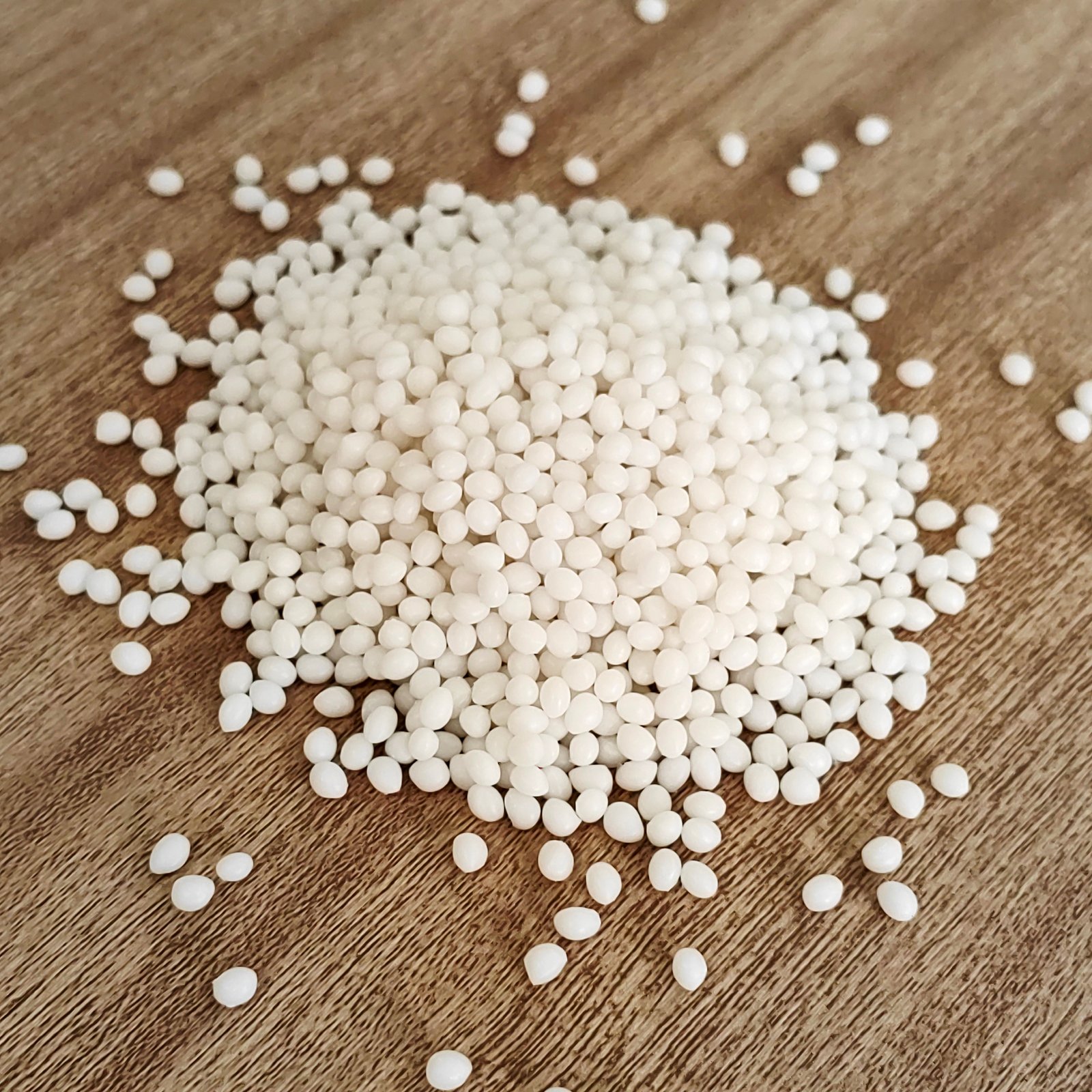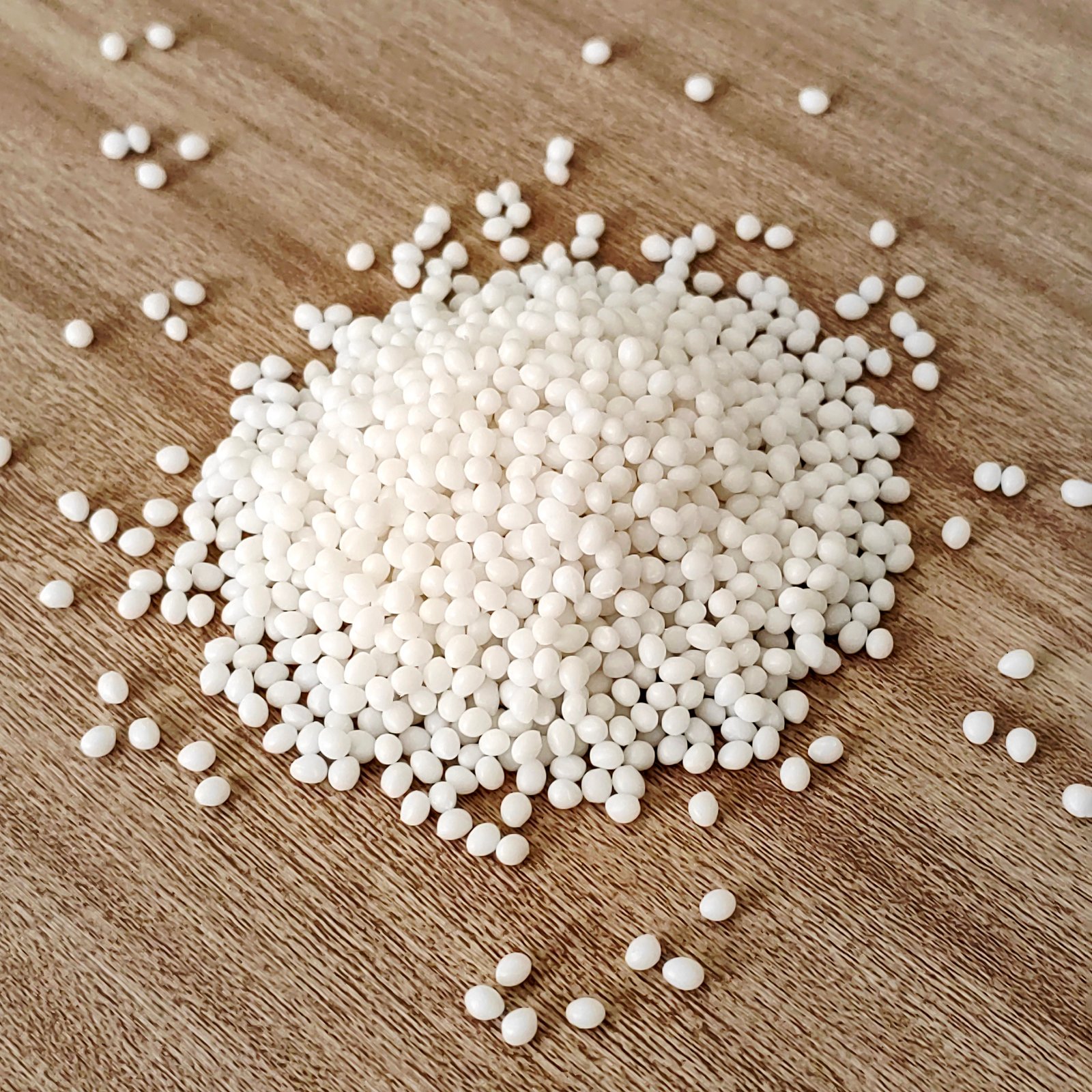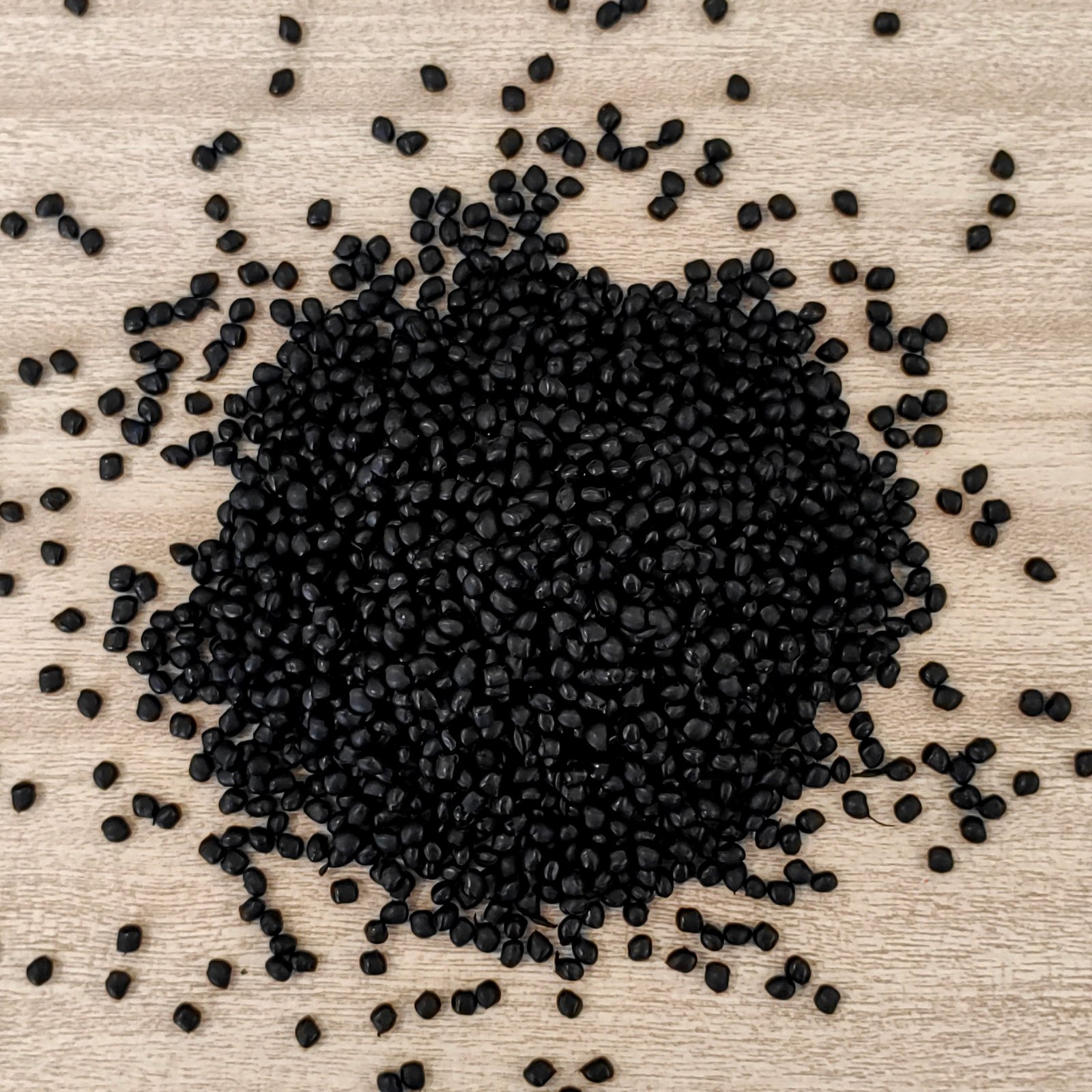PRODUCTEN
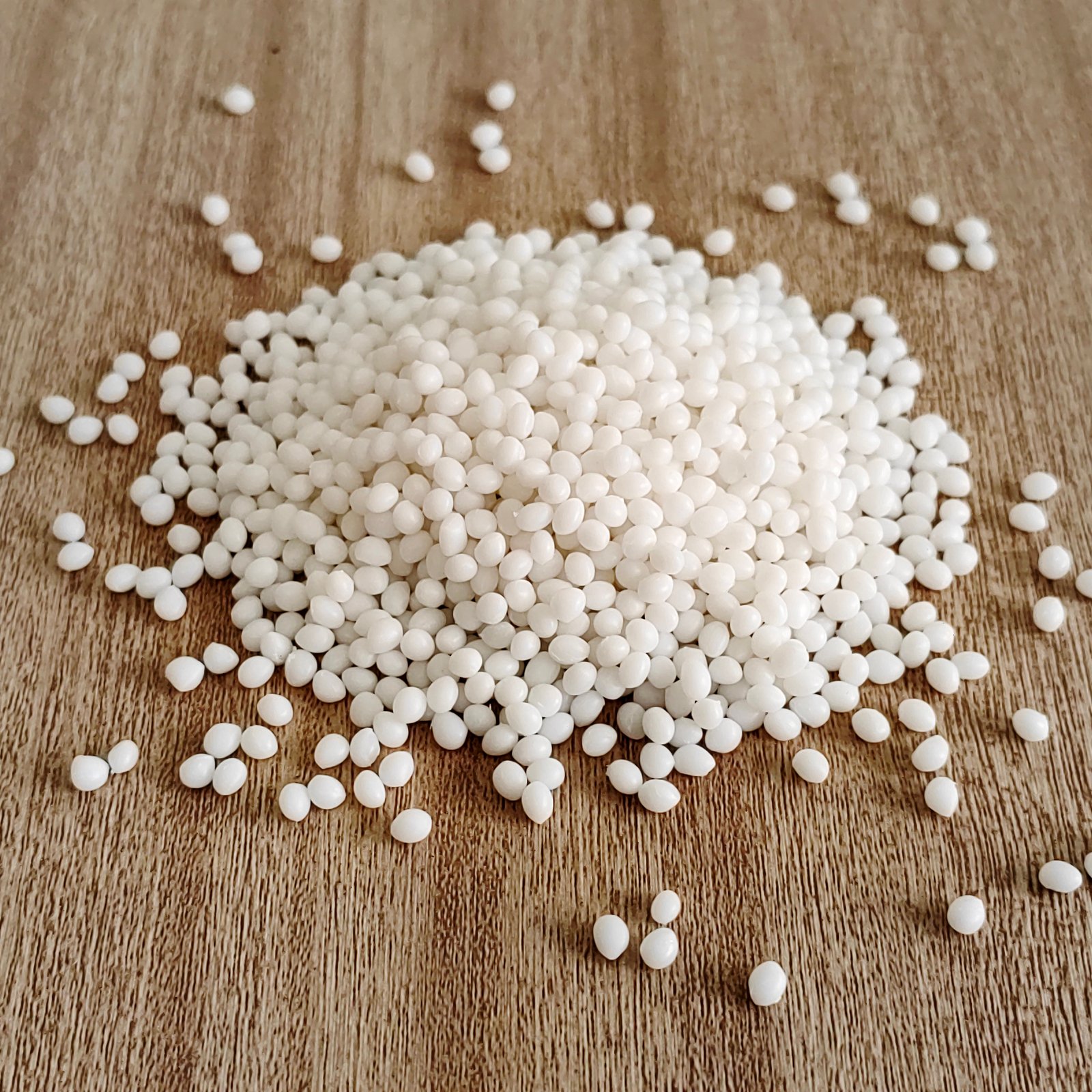

TPEE G130D: Heat-Stable TPEE Resin for Automotive and Cable
Productconstructie
What Is TPEE Hars
In demanding industrial applications, materials must take into account heat resistance, mechanical properties and flexibility. TPEE G130D from SK Comprehensive Chemical is precisely a multi-purpose tpee resin that combines thermal stability, strength performance and low-temperature adaptability. This material not only offers highly reliable solutions for automotive manufacturing, cable sheaths, sheet metal forming, etc., but also demonstrates unique competitiveness in forming efficiency and terminal performance.
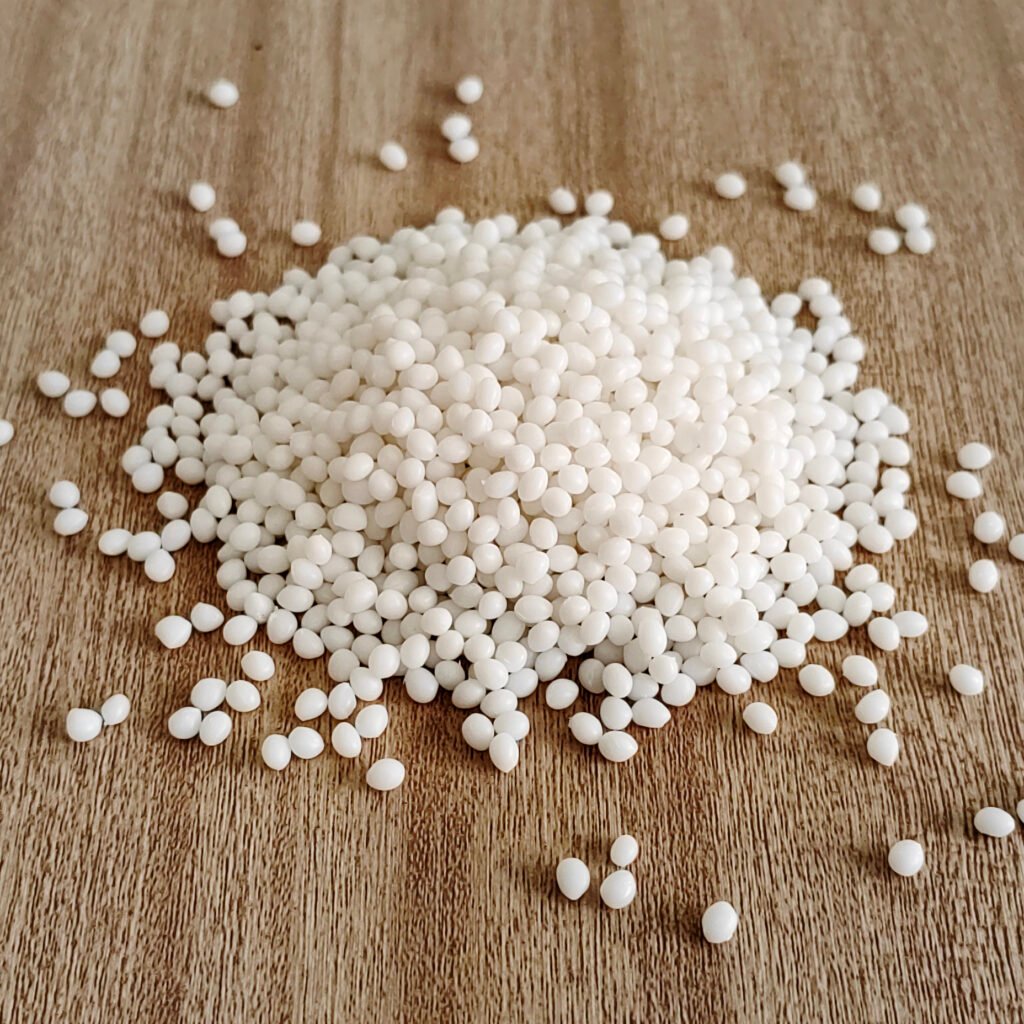
01 | Highlights and characteristics of tpee resin: Stable, strong and tough, adaptable to extreme environments
TPEE G130D is a thermoplastic polyester elastomer, and its core advantages lie in:
・Outstanding thermal stability and high melting point: Suitable for long-term use in high-temperature working conditions, with good dimensional stability after molding.
・Strong, tough and flexible: It features a high elongation at break and fatigue resistance, making it suitable for frequent tensile and dynamic load applications.
・Medium hardness and excellent low-temperature flexibility: It still has good impact resistance in extremely cold or alternating hot and cold environments.
・Aging resistance and color stability: Strong appearance retention, suitable for long-term exposure outdoors or in engine compartment environments.
The synergy of these comprehensive performances makes G130D one of the typical representatives of the transition from "functional materials" to "structural materials".
02 | Wide Applications: From Automotive Parts to Cable Sheathing
TPEE G130D is widely used in the following key fields:
・Automotive industry: It is used in intake pipes, corrugated pipes, sealing gaskets and other parts, meeting the dual requirements of high temperature resistance and high fatigue performance.
・Cable sheath: It provides an ideal balance between high mechanical strength and flexibility, ensuring the long-term stable operation of the wiring harness.
・Films and sheets: Supports continuous extrusion applications of various thicknesses and features high surface consistency;
・Composite material substrate: It can be coated, injection molded or laminated with various engineering plastics to strengthen the overall structure of the component.
・Pipe application: Suitable for pressure-resistant hoses, liquid transportation and other scenarios, it features both medium resistance and bending resistance.
03 | Thermoplastic Polyester Elastomer Properties
| Extrusiegieten | Voorwaarde | Standaard | Waarde | Eenheid | |||
| Dood gaan | Temperatuur | 185~190 | °C | ||||
| Droog | Temperatuur | 100 | °C | ||||
| Droog | Tijd | 2~3 | uur | ||||
| Smelten | Temperatuur | 190~195 | °C | ||||
| Zone | 1 Temperatuur | 170~175 | °C | ||||
| Zone | 2 Temperatuur | 180~185 | °C | ||||
| Zone | 3 Temperatuur | 185~190 | °C | ||||
| Hardheid | Voorwaarde | Standaard | Waarde | Eenheid | |||
| Oever | Hardheid D | ASTM D2240 | 30 | ||||
| Oever | Hardness D Max | ISO 868 | 32 | ||||
| Oever | Hardness D 15s | ISO 868 | 27 | ||||
| Mechanisch gedrag | Voorwaarde | Standaard | Waarde | Eenheid | |||
| Verlenging | Break 50mm/min 2.0mm Type IV | ASTM D638 | 900 | % | |||
| Treksterkte | Strength Break 50mm/min 2.0mm Type IV | ASTM D638 | 220 | kg/cm² | |||
| Treksterkte | Strength Break 5% Strain 50mm/min 2.0mm Type IV | ASTM D638 | 6 | kg/cm² | |||
| Treksterkte | Strength Break 10% Strain 50mm/min 2.0mm Type IV | ASTM D638 | 18 | kg/cm² | |||
| Fysieke eigendom | Voorwaarde | Standaard | Waarde | Eenheid | |||
| Dikte | ASTM D792 | 1.07 | g/cm³ | ||||
| Smelten | Index 220°C 2.16kg | ASTM D1238 | 17 | g/10min | |||
| Thermisch | Voorwaarde | Standaard | Waarde | Eenheid | |||
| Smeltend | Temperature DSC 10°C/min | ASTM D3418 | 174 | °C | |||
Technical Data Overview of TPEE G130D
04 | Process technology compatibility: Compatible with injection molding and extrusion
As a tpee resin compatible with injection molding and extrusion molding, the processing stability of G130D is very outstanding:
・The forming window is wide, suitable for various mold structures and process temperatures.
・The melt index is moderate, which is conducive to filling molds for complex geometric structures.
・After extrusion molding, the size control is precise and the surface finish is high.
・The low-viscosity formula is conducive to high-speed injection and improves output efficiency.
This makes the material suitable for both large-scale automated manufacturing and the development of small-batch customization and composite structure processes.
05 | Innovation and industry Competitiveness: An ideal material to replace TPV and improved TPU
Facing the pain points of traditional TPV and TPU, such as rapid mechanical property degradation and poor creep control at extreme temperatures, TPEE G130D demonstrates superior thermal stability and long-term deformation control capability. Compared with TPU, it still maintains structural stability when used continuously at high temperatures. Compared with TPV, it has a higher elongation at break and is less prone to aging and cracking.
In addition, TPEE resin has better polarity compatibility in composite processing, which is more conducive to integration with engineering plastics such as PA and PBT, greatly enhancing the freedom of structural design.
06 | Customer feedback: The structure is stable and the performance exceeds expectations
A European automotive parts customer reported that after using G130D to replace the original TPV material, the deformation rate of the engine wiring harness sheath decreased by 30%, on-site assembly became smoother, and the annual return rate dropped by more than 15%. At the same time, in the application of cold regions, this material has demonstrated excellent low-temperature impact resistance, providing a guarantee for after-sales stability.
07 | Frequently Asked Questions (FAQ)
Q1: Can TPEE G130D be used in outdoor exposure scenarios?
A: Yes. It has excellent UV resistance and color stability, making it suitable for long-term use outdoors and in high-temperature environments.
Q2: What are the differences between G130D and ordinary TPE?
A: TPEE is an engineering-grade elastomer. In its structure, hard segments and soft segments are alternately arranged. Its thermal stability and mechanical properties are far superior to those of general-purpose TPE.
Q3: Is it supported for co-injection molding or compounding with other plastics?
A: G130D can achieve good adhesion with polar materials such as PA, PC, and PBT, and is also suitable for use as a flexible layer to coat hard plastics.
08 | Why choose Juyuan as your TPEE partner?
As an international trader specializing in the export of plastic raw materials, Juyuan offers not only materials but also solutions
・Spot inventory supports fast delivery
・Flexible minimum order quantity service, suitable for sample making and mass production
・Professional selection team, one-on-one technical support
・Years of export experience will help you smoothly expand your overseas market
If you are looking for tpee resin with truly high reliability, thermal stability and mechanical compatibility, TPEE G130D is worth a try. Welcome to contact Juyuan for samples and technical data.
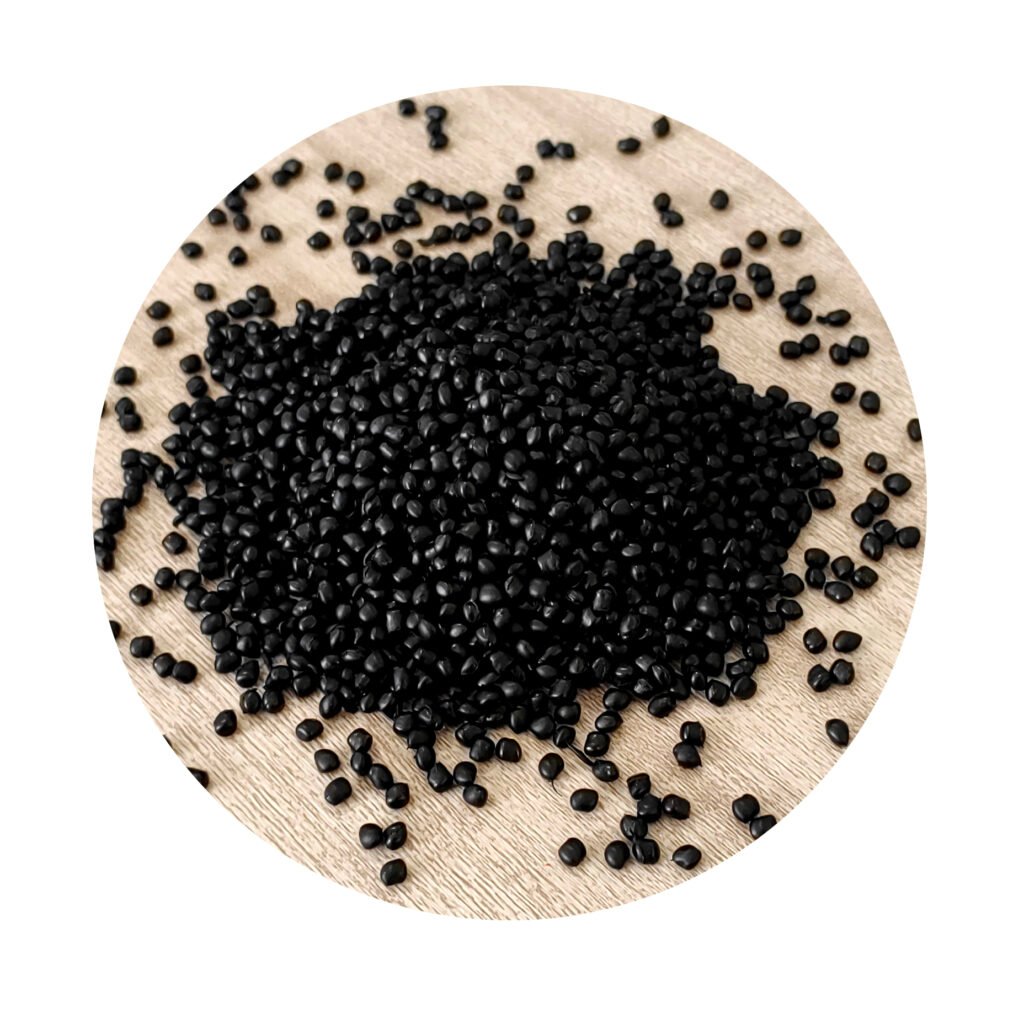
【Gerelateerde aanbevelingen】
TPEE LX770A: Versatile TPEE Material for Seals and Modified Base Applications Meer informatie>
PC WB1239: Transparent, Food-Grade PC Raw Material for Blow-Molded Bottles & Packaging Meer informatie>
PP vs PPSU: A Practical Comparison of Two Plastics Based on Material Selection Logic Meer informatie>

